Vote-rigging: Refuge of no-hoppers
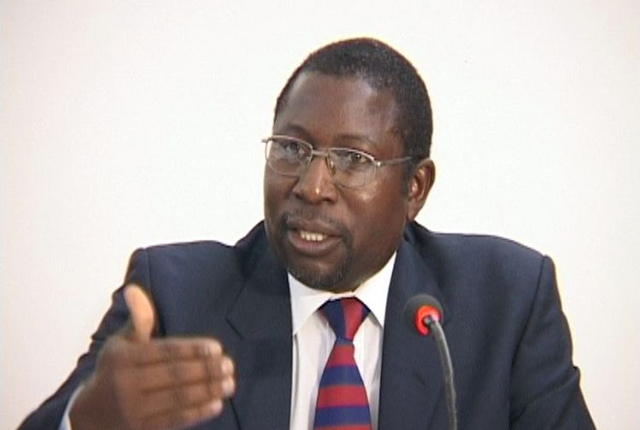
My Turn with Tichaona Zindoga—
MDC-T spokesperson Obert Gutu was last week reported to have said his party had found a “cure for Zanu-PF rigging”.
According to the story, Gutu said the party had put in place “efficient mechanisms to eliminate fraud” in next year’s harmonised elections.
Said Gutu: “Against all this doom and gloom, however, the suffering and toiling masses of Zimbabwe should never, ever lose hope.
“The MDC is very glad to announce that we have taken adequate and appropriate measures to ensure that the 2018 elections cannot be rigged.”
He added: “Thus, we call upon all eligible Zimbabweans, particularly the youth, to register to vote when the ZEC rolls out the biometric voter registration (BVR) exercise commencing from March 2017.”
There has been a serious fallout from Gutu’s statement — and interestingly, Gutu ended up having heated verbal exchanges with some of his interlocutors on social media.
The fallout can be explained in a number of ways:
The opposition, led by the MDC-T, is likely to lose in the event of any election this year or next year — the constitutional date for the next harmonised elections.
MDC-T has been on a significant and continuing wane since 2013, at least, and its prospects are diminishing fast.
The elections of 2013 were considered free, fair and peaceful and that the MDC-T, as the main opposition party, failed to leverage its time in the inclusive Government since 2009 speaks of an opportunity lost.
It did not help that the party went on to splinter — the second split since 2005 — seeing Tendai Biti and Elton Mangoma, secretary-general and treasurer respectively, going their way before forming their parties.
The MDC-T is limping, much apparently mortally.
The decision by the MDC-T not to contest any by-elections on the ostensible grounds that the playing field as uneven and requiring of reforms is an affirmation of this weakness.
It is a face-saver.
MDC-T would likely lose a majority of by-elections.
It just decided to give Zanu-PF a walkover — even when the party precipitated by-elections by firing those that had gone the Biti and Mangoma way.
In the wisdom, or lack of it, for Tsvangirai – it would be better off losing seats, in the process spiting Biti – but then retain some kind of excuse.
There would be a comforting lie to hold onto.
All so convenient.
But the situation cannot hold for longer.
The MDC-T will have to participate in national elections at some point — moreso 2018.
This presents a problem in the narrative of alleged unfair elections on which the current “No Reform No Elections” mantra is predicated.
That has to be abandoned at some point.
This is where the son of Chinemukutu comes in.
He was trying to soften the target for the eventual policy shift and also seeking a practical approach in encouraging the party faithful to register and vote.
Essentially, the latter point is important in so far as it sought to reassure the voter and dispel the idea that the exercise is futile.
Only, the rationale seemed too simplistic.
People often accuse this grandson of the Fish Eagle of daftness as a spokesperson — perhaps unfairly, too.
But this is not Gutu’s biggest crime.
His crime was to touch on a myth, a convenient scapegoat that the opposition and its supporters hang on to sanitise the all too frequent and all too probable losses to the ruling Zanu-PF.
This is how Gutu came under attack from all manner of attack dogs to the extent that it ended up getting onto his nerves.
It does not take much to interrogate whether opposition losses are down to alleged rigging.
Let’s ask Temba Mliswa, a mega winner in Norton last year.
“There are certain things ZEC (Zimbabwe Electoral System) is doing well and others it is not. I am not going to be part of those who want to please the people,” he said after winning a by-election last year.
“We were given an electoral voter’s roll and we printed it out. The campaign teams in each ward went door-by-door to say does this person live here — so this whole theory that you love to talk about, I can show you how much attention you pay,” he explained.
He said the opposition was “slowly losing relevance by being armchair critics and not having true structures, where people can disseminate information on the ground.”
He explained the need to have strong monitoring teams by parties and candidates.
“You must find local intelligent people, who monitor what’s happening at the polling station. I had updates every five minutes on people who had voted.
“There isn’t ballot stuffing which happens after your agent has signed. Ballot stuffing probably happened in 2008.
“The reason why MDC didn’t win in 2013 is that they didn’t have people to do this,” said Mliswa.
Tendai Biti would chip in to add that Zanu-PF won because of the cogency of its ideas in the 2013 elections.
A simple look at the practice of voting in Zimbabwe would show that with the presence of candidates or their agents at polling stations; their involvement and endorsement in the counting and collation of votes from polling stations right up to national command centre — leaves little room for manipulation or massaging of figures.
There are also pervasive armies of local and international observers and monitors.
Some of these stakeholders, including diplomatic missions, are even openly supportive of the opposition.
The fact of the matter is that the opposition — represented by the MDC-T — has not been able to muster enough numbers and clout to win elections and take power.
Asked why the party had not boycotted elections in 2013, Tsvangirai is no record as saying that they believed that the party had sheer numbers to overwhelm Zanu-PF or any chicanery.
Of course Tsvangirai is just a simpleton.
The opposition in Zimbabwe is composed of simpletons like him.
They get deceived by numbers at rallies and social media noises of people who do not vote.
By contrast, Zanu-PF has structures — organic structures.
An illustration will suffice.
A fortnight ago, Zanu-PF National Political Commissar Cde Kasukuwere went down to his village called Matope in Mt Darwin, where he attended a cell meeting — a far cry from his lofty office as a Politburo member.
He was not even the first in the book in his cell — he came a distant number 23!
But he said he had to belong to the lowest building block of the party — and all members should follow suit.
Zanu-PF mobilises throughout cell, ward, district and constituency structures.
It can easily predict the number of votes that it will get in a particular election based on the data in its books.
That is the mobilising machine it is.
The party does not need to rig the vote: it has the numbers that vote.
The opposition needs to learn this self-evident fact.
It will also be useful for the opposition to understand the electorate rather than dismiss those who it does not agree with as simple, unsophisticated recipients of aid or patronage.



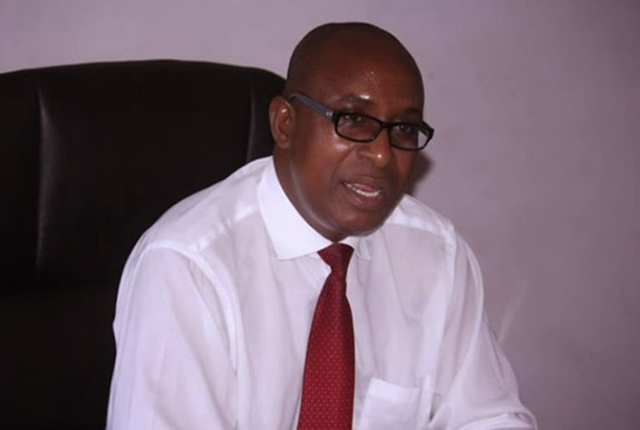
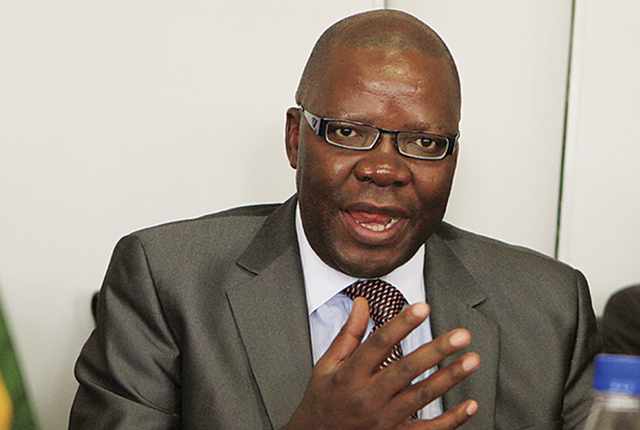
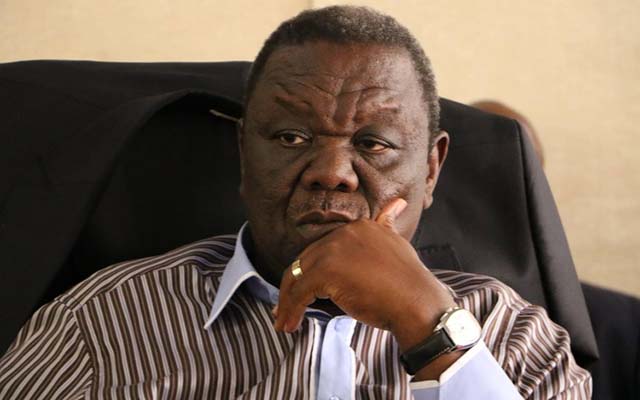
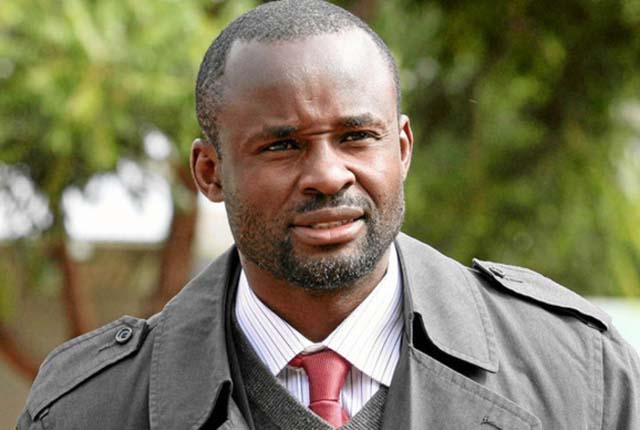

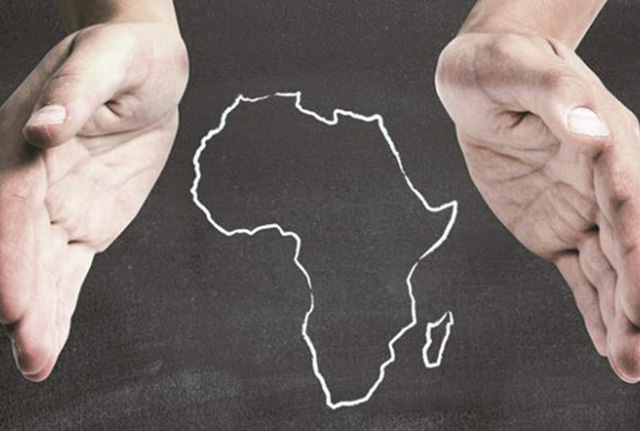
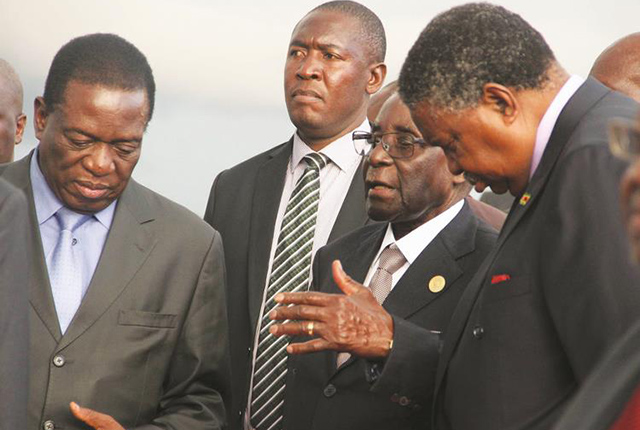




Comments